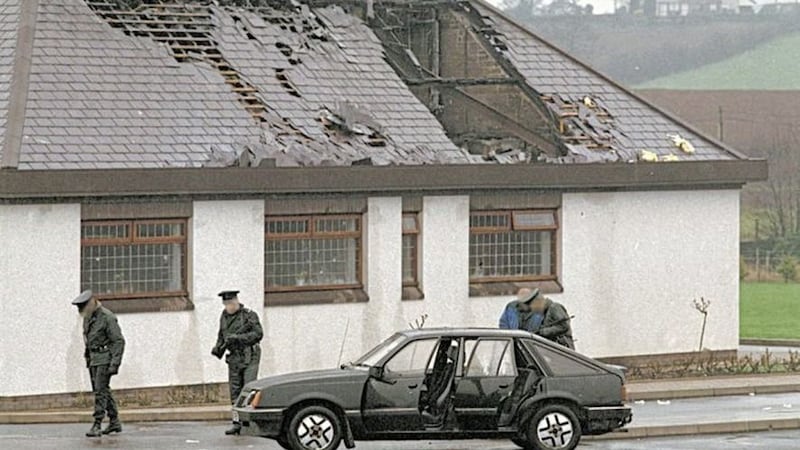Soldiers involved on Bloody Sunday were compelled to give statements in violation of their right to protection from self-incrimination, the High Court has been told.
Lawyers for some of the ex-paratroopers insisted their accounts to senior officers about the killings in Derry in 1972 were involuntary and legally inadmissible as evidence.
Judges were told they were not properly cautioned, and faced a potential court-martial and imprisonment for non-compliance.
Thirteen people were shot dead when members of the Parachute Regiment opened fire on civil rights demonstrators in the city.
In 2010 the Saville Inquiry into the events on Bloody Sunday established the innocence of all of those who died.
Relatives of seven of the victims are seeking to judicially review decisions which mean five of the ex-paratroopers will not face trial.
Judgment was reserved following a four-day hearing in Belfast.
In July the PPS announced it was dropping charges against Soldier F for the murders of William McKinney, 26, and James Wray, 22, plus five counts of attempted murder.
The case against him was reviewed after criminal proceedings against two other military veterans for Troubles-era offences collapsed in Belfast earlier this year.
Based on an assessment of the admissibility of evidence from the time, it was concluded that the test for prosecution was no longer met.
The PPS is also being challenged for not charging former paratroopers with the murders of Mr McKinney, Jackie Duddy, 17, Michael Kelly, 17, John Young, 17, Michael McDaid, 20, and 41 year-old father-of-six Bernard McGuigan.
The case involves a dispute about whether statements taken from soldiers accounts to the Widgery Tribunal in 1972 would be ruled inadmissible in any criminal trial.
The families contend the prosecuting authority's assessment of the evidence is legally and fundamentally flawed.
But counsel representing some of the soldiers argued that they had been interviewed by senior ranking officers from the Royal Military Police (RMP) and were under a compulsion to comply.
Mark Mulholland QC told the court that if "asked to jump, they jumped".
"These were young squaddies... no-one had independent representation," he said.
Anyone found to have obstructed or refused to assist an RMP officer could be subject to court-martial and up to two years in prison.
According to Mr Mulholland a different agenda may have operated further up the military chain of command.
"The cornerstone of this case is the privilege of self-incrimination and involuntary statements (by the soldiers)," he stressed.
"Ultimately, we have a situation where there was no choice, whether in fact it was to their benefit or not."
Reserving judgment after closing submissions, Lady Chief Justice Dame Siobhan Keegan pledged to give a decision as soon as possible.


